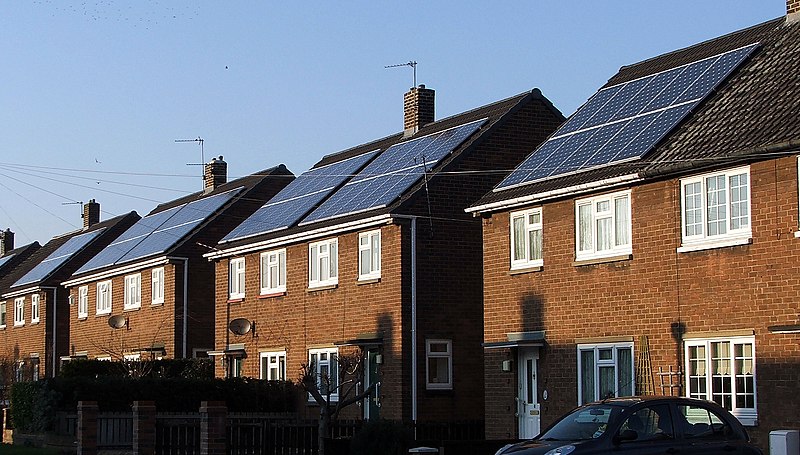
Keir Starmer’s Labour government has announced an ambitious plan for a “rooftop revolution,” aiming to install solar panels on millions of homes to reduce energy bills
and combat the climate crisis.
Energy Secretary Ed Miliband has approved three large solar farms in the east of England, previously blocked by Conservative ministers. These sites—Gate Burton in Lincolnshire, Sunnica’s energy farm on the Suffolk-Cambridgeshire border, and Mallard Pass on the Lincolnshire-Rutland border—will collectively generate two-thirds of the solar energy installed last year.
Ahead of Wednesday’s King’s Speech, which will introduce legislation for the new publicly owned energy company GB Energy, ministers are collaborating with the building industry to facilitate the installation of solar panels on new and existing homes. The government is also considering implementing solar standards for new-build properties starting next year. Current restrictions on solar panel placement, particularly in conservation areas and on listed buildings, may be re-examined.
Miliband, who aims to triple the UK’s solar power capacity by 2030, as well as double onshore wind and quadruple offshore wind, declared, “I want to unleash a UK solar rooftop revolution. We will encourage builders and homeowners in whatever way we can to deliver this win-win technology to millions of addresses in the UK so people can provide their own electricity, cut their bills and at the same time help fight climate change.”
Officials emphasized the government’s commitment to tackling the climate crisis, even if it means challenging opposition. Miliband has already lifted the Conservatives’ de facto ban on new onshore wind farms.
UK energy experts have praised Miliband’s swift actions, noting they will address the imbalance in renewable energy distribution. Currently, most renewable power is generated in the north but is needed in the south, where demand is higher. Congested transmission lines often necessitate the use of costly gas generators in the south. Sugandha Srivastav of Oxford University’s Smith School of Enterprise and Environment stated, “Solar in the south is going to fix a key problem. It will keep power costs low, which is what we desperately need.”
The new solar farms at Gate Burton, Sunnica, and Mallard Pass will significantly boost the UK’s solar capacity, adding around 1.35 gigawatts, nearly 10% of the current capacity. Energy consultant Hamish Beath from Imperial College London described the development as “very welcome.”
However, the decision has sparked local backlash. Conservative MP for Rutland and Stamford, Alicia Kearns, expressed her strong opposition to the Mallard Pass solar farm. The government defended the decision, citing its potential to provide clean energy for approximately 92,000 homes over the next 60 years. Photo by Solar Panels by Christine Westerback, Wikimedia commons.



































